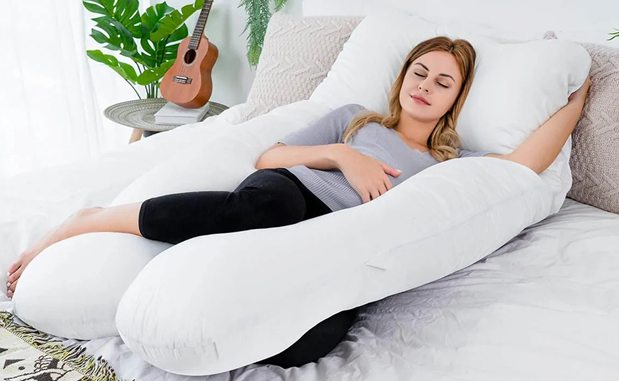If you are a professional runner, then you know that you do not purchase shoes without thinking about it. Choosing the proper footwear for running takes a lot of consideration. A good pair of shoes can improve or harm your running experience. For these reasons, runners consider specific factors when choosing their shoes. Here are some factors all runners consider when choosing their footwear:
Specification
The word specification refers to a detailed description of a shoe’s requirements, dimensions, and materials. So, runners often wear shoes made for specific purposes, with specific characters. Some of the specifications runners consider when choosing their footwear are:
• Heal-toe drop– This is the difference in the amount of midsole material in the heel and the forefoot. The heel-toe drop, also known as the heel drop or shoe offset, is usually measured in millimeters and affects the shoes’ comfort and safety. For example, a low heel drop prevents injuries.
• Tread pattern– This refers to the groove patterns on the footwear soles. So, the treat pattern shows the way your feet will hit the ground when running. Runners often go for shoes with neutral tread patterns to avoid injuries.
• Material- Runners also consider the materials. It is worth mentioning that shoes for running do not feature the same material throughout their body. Instead, you may find a pair with different outer soles, midsole, and upper materials.
Performance
The most significant factor influencing runners’ choice of footwear is performance. Runners always consider their running performance level and how the shoes can impact them. For instance, runners with demanding or rigid performance needs will often wear footwear with ample support or shock-absorbing qualities. On the other hand, minimalist runners will often choose shoes that offer more speed or power. In simpler terms, runners recognize that their choice of running shoes will influence their performance. So, they will always choose shoes whose qualities and physical elements will influence their performance positively.
Comfort
Another factor that all runners consider when choosing their footwear is comfort. Some people argue that comfort is more important than performance. Others argue that a comfortable pair of shoes automatically improves your performance. Regardless, the fact is a good pair of shoes for running should be comfortable to protect the runner’s feet from injuries and allow them to perform to their full potential. The shoe design usually influences the comfort of the shoes. For example, shoes with ample cushioning offer more comfort and reduce injury risk.
In contrast, shoes with thick midsoles are less comfortable because they disconnect the runner’s foot from the ground, which prevents them from adjusting to uneven terrain. It is also worth mentioning that the comfort features may differ depending on the type of running. For instance, lighter shoes are more comfortable for trail running than road running.
Design and brand
Runners also often consider the brand and design when choosing footwear. The aesthetic preferences differ from one runner to another. Therefore, there is no rule regarding how a good pair of shoes for running should look. However, regarding the brand, runners will often go for familiar brands. The reason behind this is that they know what to expect. This is especially the case with professional runners, who cannot afford to experiment with an unfamiliar brand when training or racing. Furthermore, runners often stick to brands they are familiar with because of superstition or habit. This is why some footwear brands have maintained popularity over several years while new ones struggle to break through the sector.
Experiences
Most runners also base their footwear choices on their past experiences. This especially applies to experienced runners. You can easily make mistakes when picking shoes for the first time as a runner. For example, many beginner runners base their choice on advice from other runners. Unfortunately, what works for one runner may not work for you or someone else. However, the beauty of it is that you get to learn from your mistakes and consider them when choosing footwear in the future. For this reason, most runners consider their past experiences when choosing their footwear.
Conclusion
When choosing the right pair of shoes, you may benefit from a platform or brand that offers all the factors explained above. For instance, Hoka is an excellent brand for beginner and experienced runners because it offers comfort, great performance levels, and meets the specifications for running shoes.
-
 admin
admin
- October 30, 2022
- Business
Factors Influencing Runner’s Choices of Footwear

Table of Contents
Related Posts

Healthy Eating On The Go: Tips For Travellers
April 16, 2024

Tips for Successful ISO 14001 Compliance Implementation
March 20, 2024

How to Buy Household Appliances Without Breaking the Bank
February 27, 2024

AOS Mastery: Empowering Your Journey to Permanent Residency
February 17, 2024





